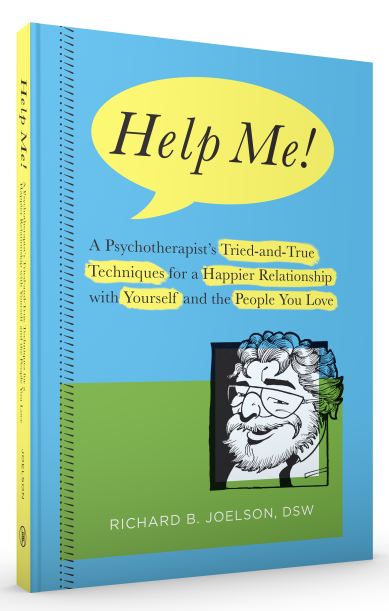
Photo by Peshkova on Shutterstock
Anticipation as a form of preparedness…
Many familiar themes are raised in the course of a psychotherapy treatment hour: family, career, relationship, health, and financial matters are a few examples among many, many others. Patients often seek assistance in understanding and addressing their specific concerns, and resolving the conflicts and other difficulties that develop in the course of their demanding and complex lives.
Among the many things that arouse my curiosity is the question of why some people worry about these issues, while others seem to attend to them in various ways, but do not worry about them. Certainly, and perhaps obviously, people who are more prone to feeling anxious are more likely to be worriers than people who rarely experience anxiety symptoms. This, however, does not take the matter far enough to satisfy me: I am interested in why even some generally not anxious by nature seem to worry at times, and about certain issues but not others.
My informal research during treatment sessions represented an attempt to learn more about worrying behavior, while always trying to help my patients understand, manage, and—where possible and appropriate—eliminate worry from their emotional repertoire. I wondered to what extent worrying is a voluntary or an involuntary behavior. I wondered, too, regardless of whether worrying was or was not a choice, whether it had some purpose that I did not fully understand. Was it ever constructive and helpful or, as I have long believed, did it simply create emotional stress and serve no healthy purpose?
To clarify, my comments and observations about worrying are not about things that would realistically arouse a worry response in anyone—awaiting the results of a biopsy of a suspicious growth or learning that your home might be in the path of predicted tornado are worrisome events for anyone. However, some people worry about becoming destitute when there appears to be no rational basis for this particular threat to their welfare. Others worry about their health, even though they have no symptoms of any kind and demonstrate no particular vulnerability to life-threatening illness. The list is endless. Some people seem to worry about everything and others about nothing really at all.
One interesting discovery that emerged from my informal research was that some people, it seems, worry as a form of preparedness. The belief is that one will be ready or better prepared for a dreaded event if one worries about it—that it will prevent them being caught off guard, stunned, or somehow negatively affected in some way by that event. In other words, if one worries that they will hear terrible news from their physician following a routine medical appointment, then they will be less upset than if they had not worried at all. If a student worries about an important exam, the expectation is that finding out they did poorly or failed will somehow be less troubling because they were “prepared” for this possibility by virtue of many days or weeks of anticipatory worrying.
It seems to me that worrying as a means of preparation or “upset avoidance” is an unhappy illusion. It stimulates pessimism and dread. It validates negative beliefs about whatever one is worried about and makes it appear as though worry is appropriate, even necessary.
Probably the best approach to events like those described above is to do what is possible to reduce the erroneous belief that one needs to “get ready” for worst-case scenarios. This is especially important since these scenarios may exist only in one’s mind, and are not necessarily part of an actual experience… or ever need to be. Rational and realistic self-talk appears to work well for many people as a way to challenge automatic worrying when it occurs.
Worry may be harder to control or diminish once it “kicks in” than when one can “nip it in the bud” by successfully convincing oneself that it is unnecessary. This is the difference between repair and prevention, the latter, of course, always being preferable to the former.
